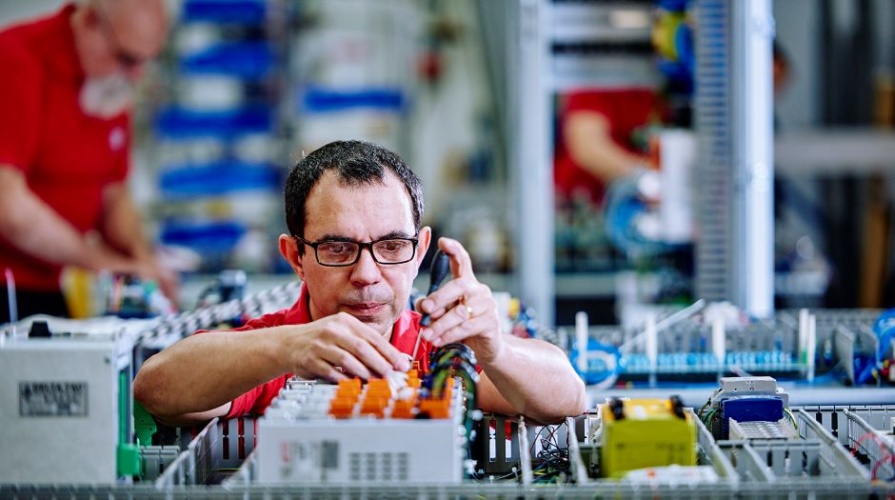
Rishi Sunak’s Spending Review in November 2020 brought the financial cost of Covid-19 into sharp focus. Referring to predictions from the Office of Budget Responsibility (OBR) he told parliament that unemployment would peak at around 2.6 million in the second quarter of 2021 and that economic output is not expected to return to pre-crisis levels until the fourth quarter of 2022.
Out of the gloom come figures from ONS that show SMEs creating jobs at a rate which is three times higher than that of large businesses over the past five years, adding 1.7million jobs compared to around 650,000.
The Engineer spoke to senior figures at four of the UK’s leading manufacturing SMEs about the agility and adaptability of their businesses, access to finance in a time of crisis, Brexit, the outlook for recruitment, and reaping the benefits of Britain’s ‘big ticket’ levelling up projects.
Meet the experts
Tony Sartorius, Chairman of Alucast
Rowan Crozier, CEO of Brandauer
Neil Clifton, Managing Director of Cube Precision Engineering
Tony Hague, CEO of PP Control & Automation
According to IW Capital, investors are choosing to put money into UK SMEs rather than global firms. In your view, what do you think investors see in SMEs that makes them viable right now?
RC: SMEs have always been resilient and, now more than ever, this is a much sought-after commodity. A lot of the businesses will also be owner-managed so have a strong financial base and manageable debt. With additional backing from investors, a steady company could become a fast-growth one over a short period of time.
NC: The advantage of most SMEs is that we are able to adapt and change approach a lot quicker than larger rivals. At a time when Covid-19 and Brexit are delivering daily challenges, the ability to make changes to your business, whether that is investment or cutting costs, means agile businesses are very attractive at present. In Cube Precision’s case, we have managed to pick up more than £675,000 of orders from prime and tier 1 aerospace customers over the last three months despite the industry suffering from the effects of the pandemic.
Comment: build resilience to beat disruption
TH: The growth potential amongst the SME community is massive if we can secure the right investment. There are some incredible, highly innovative organisations out there and I genuinely feel UK SMEs are world leading.
TS: I do see growth being available to SMEs in the green energy sector, as well as electric vehicles if we receive the right support and are prepared to move quickly with the opportunities. This, however, needs to be offset against the inevitable loss of work as internal combustion engines are phased out. Hopefully, the end of the pandemic will produce a ‘bounce back’ in the economy as consumers start spending again. SMEs are still the bedrock of the UK economy, employing the large majority of people in the country. We will undoubtedly grow, and investors might feel that valuations are lower now due to Covid-19 than what they would normally be. A good time to buy perhaps?
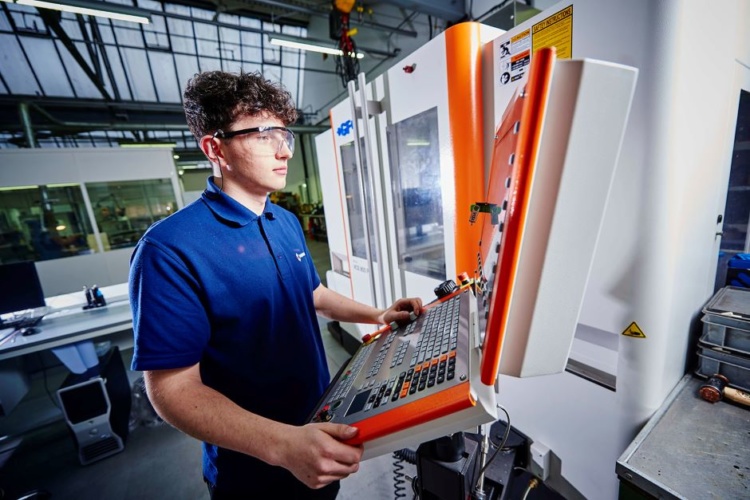
In terms of access to finance, how has the response to Covid-19 differed from the crash of 2008/9?
TS: I think the key difference this time is that the government can and have to intervene. The spending they are making now should be seen as an investment for the future rather than just a current revenue expense. Businesses will be supported and, in turn, will be there in future to re-employ when the pandemic ends. If they close now, start-ups will be difficult, and the economy will have been damaged in the long-term. Easy access to finance and the Job Retention Scheme has been immensely helpful for Alucast and helped us protect most of our workforce.
RC: People, businesses and banks all responded much quicker, with a real cash preservation focus as many of us could see disruption lasting for a year or longer. To be fair to the government, some of its ‘unprecedented’ financial support has been helpful and contributed to mitigating some of the shorter-term risks we are facing.
NC: Strong financial planning. We started our business in January 2009 and our first appointment was a Financial Director. The confidence our stakeholders have in our forecasts is vital to the sustainability of our business and, because of this, we can finance the company on the back of our accurate projections. In a nutshell, our access to finance has not changed since we started, even in the most difficult of economic times.
TH: It feels very different than 2008/2009 and the government has been far more supportive, and this has at least given industry a fighting chance to recover from the unexpected economic shocks of the pandemic.
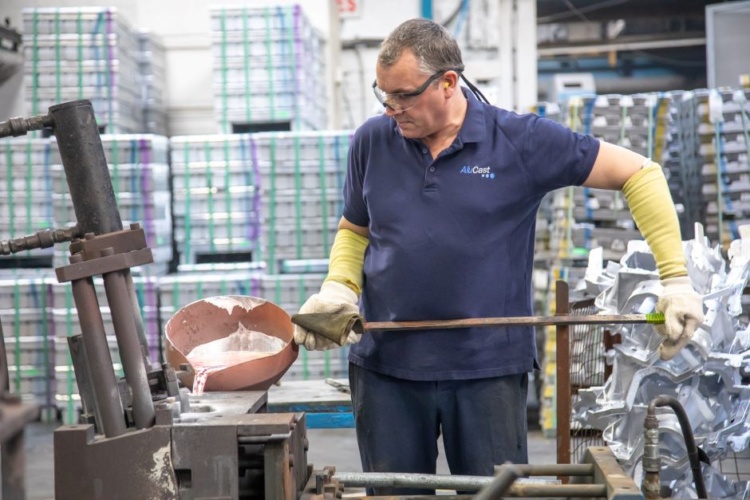
In what ways did your company become more agile in 2020?
TS: I think we were forced into doing more virtual meetings from March as the company closed and Teams meetings were held from home. I am still not a fan of these though, as I believe it stifles collective creative thinking. Alucast has strived to harness this from its staff and we believe it has developed successful strategies in the business. Overall, the pandemic has caused immense disruption and projects have either been canned or delayed. Thankfully, we are beginning to see a resurgence now, and the fact we were able to maintain our skills, means we can meet the increase in demand.
RC: Covid-19 threw some immediate challenges at us in terms of shopfloor reorganisation to allow for safe operation and a significant short-term drop in volumes. We, like any agile SME, had to respond and have managed to increase productivity, so that we are able to produce more with less people. Our role as a key supplier to the medical and PPE sectors went several stages further, with the company pivoting to make our own nose clips for use in protective face masks and, working in partnership with other MAN Group companies, we developed and launched the ManKind PPE visor. 20,000 of these were donated to the NHS, healthcare workers and charities, with the product now being sold commercially to businesses and consumers (via eBay) across the UK and the rest of the world. The other big win we have had this year is in our ability to bid for and secure funding for innovative collaborations to increase our capability to supply parts to be used in electrification and personal protective equipment markets. Over £1m has been won so far and will see Brandauer working with the likes of Saietta, JLR and Ricardo amongst others.
TH: We have been operational throughout, supporting our core clients and also using our expertise to support the urgent development of wiring harnesses for the VentilatorChallengeUK consortium. This has seen us introduce shift patterns, working from home and really leveraging the power of online meetings – we even secured our ISO9001:2015 recertification remotely, one of the first UK companies to achieve this. With the vaccine set to be rolled out shortly, we would hope to slowly move back to more normal operational patterns but making sure we keep the good changes that have positively impacted our business.

The government has made a commitment to HS2, low-carbon energy and defence. Are you confident that UK SMEs will be supplying these ‘big ticket’ projects, or is there a fear that contracts will go overseas?
TS: Our company has been a vocal supporter of UK SMEs being involved in more of the ‘big ticket’ projects for some time but believe there is still a lot more work to be done to ensure we get our fair share. In my opinion, a tsar should be created to ensure the supply chain uses SMEs and a clear route to the big contractors is drawn up.
RC: Collaboration is key to SMEs. It is very difficult to muscle in on the ‘big boys’ on your own; a better approach is to see if you can work in partnership with them and try to create your own niche as a contributor to a consortium. This is what we have been successfully doing and are making significant progress in supplying into the supply chains for the next generation of electric motors, hydrogen fuel cells and batteries.
NC: I am convinced that the major sourcing for these projects will be overseas. Unlike other European Governments, we do not seem to mandate the supply of products to be used in the UK to be supplied by UK manufacturers. It is not protectionism; it is just common sense and something the majority of the world already does.
TH: There is always a big risk of work going overseas, as we appear to have a track record in the UK of simply going to the lowest bidder and missing the bigger opportunity and, more often than not, the deadlines and budget! At PP C&A, we are exploring new sectors that represent long term growth and rail, defence and electrification are three areas we are already making some headway in.
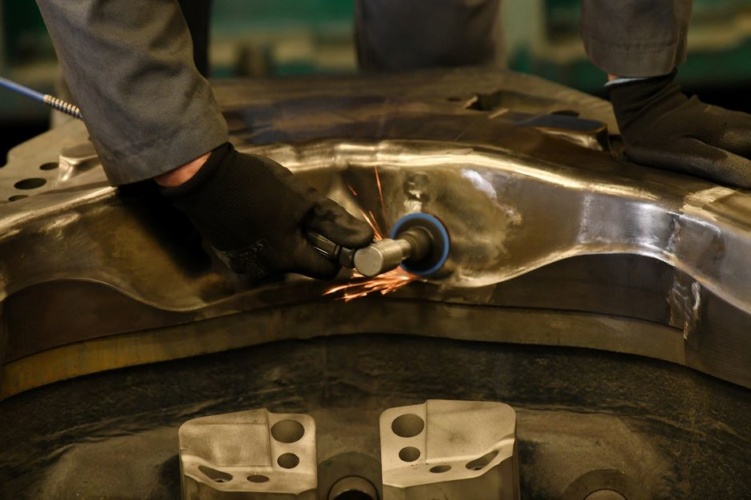
Brexit: deal, or no deal?
TS: Our preference is for a deal - however, it should not be at the expense of caving in on state aid. For many exporting SMEs, restrictions on trade by duties and complex customs arrangements, may mean work is moved away by continental buyers just to get back to an easy life.
RC: We want a deal of course, but believe disruption is expected with either outcome. Whilst there will be challenges, we need to look for the opportunities and there is a definite appetite for reshoring with companies keen to shorten and ‘pandemic-proof’ their current supply chains. Brandauer is already seeing this, with new client wins in France, Germany, and Netherlands.
NC: We have no idea what shape either deal looks like, so difficult to comment with any real insight.
TH: Deal. Clearly, we need a sensible and pragmatic approach for all parties to avoid further trade disruption following all the Covid-19 issues.
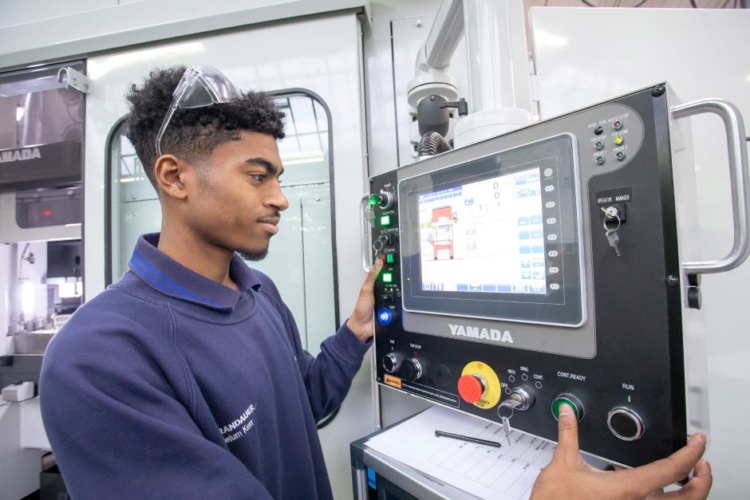
What are your recruitment intentions this year compared to 2020? What is driving this?
TS: Clearly 2020 has been awful. Encouragingly, we are seeing an improvement now and demand is picking up so more labour will be required. Alucast will be recruiting next year as we expand again, and we are benefiting from existing projects now hitting volume and new orders starting.
RC: Nearly 20 per cent of our current workforce are homegrown apprentices and we will continue to invest in the next generation of engineers in 2021.
NC: We are recruiting aggressively having seen several older members of staff retire due to fears around COVID-19. This will probably create five jobs over the next twelve months.
TH: We are budgeting for double-digit growth this year, so are actively looking to recruit in a number of positions. With new opportunities in the pipeline, we are also looking at potentially investing in a second facility in the West Midlands. More on that next year!




Project to investigate hybrid approach to titanium manufacturing
What is this a hybrid of? Superplastic forming tends to be performed slowly as otherwise the behaviour is the hot creep that typifies hot...